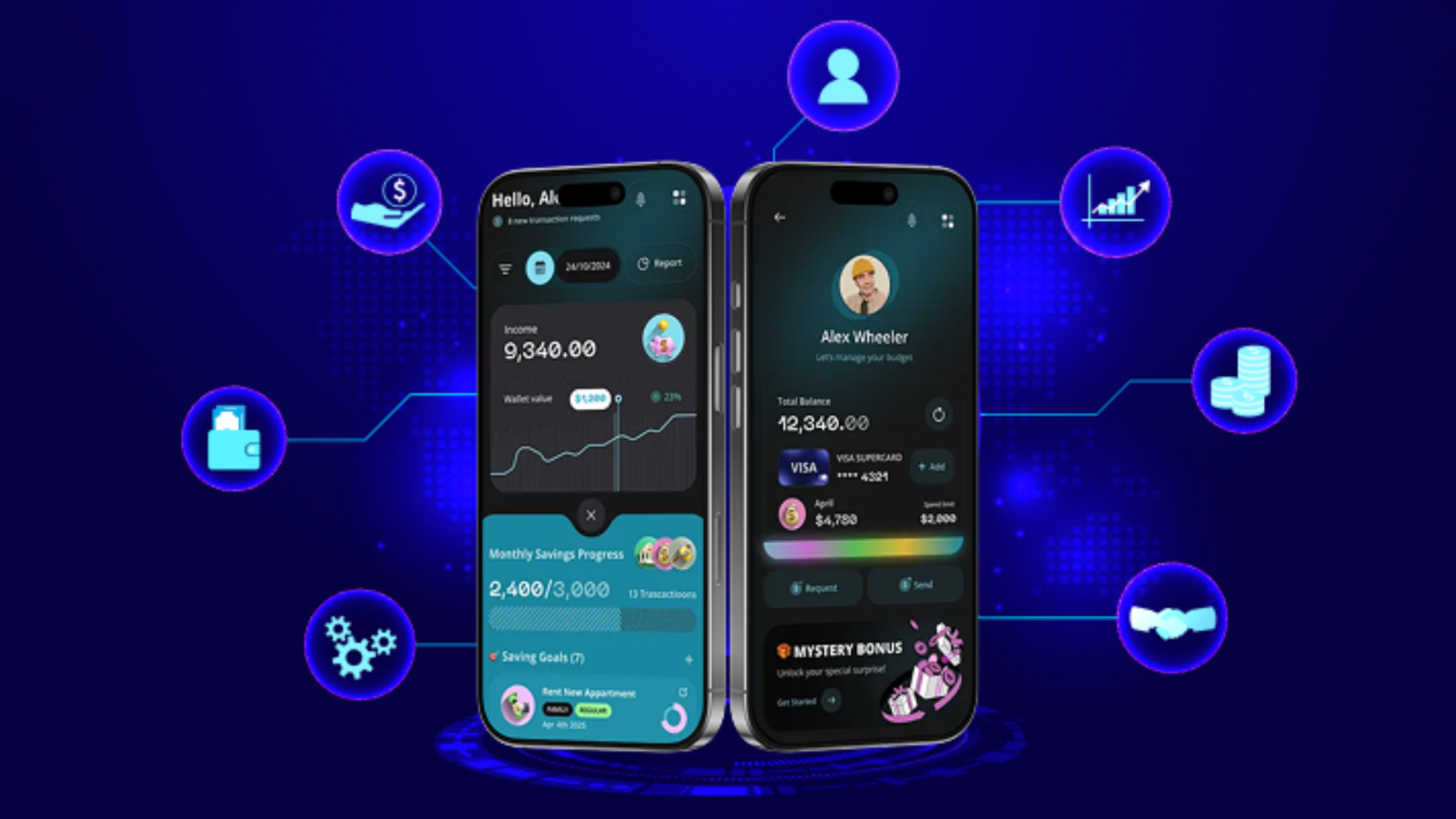As Artificial Intelligence (AI) continues to reshape the tech landscape, DevOps teams are increasingly turning to AI-powered tools to enhance their processes, improve efficiency, and drive innovation. In this blog post, we’ll explore some of the top AI tools that DevOps teams should consider incorporating into their workflows in 2024 and beyond.
1. GitLab AutoDevOps
GitLab’s AutoDevOps feature leverages AI to automate various aspects of the DevOps lifecycle.
Key Features:
– Automated CI/CD pipeline creation
– Intelligent code quality checks
– Security scanning with machine learning-based vulnerability detection
– Performance testing with automated threshold adjustments
Why it’s valuable: AutoDevOps significantly reduces the time and effort required to set up and maintain DevOps pipelines, allowing teams to focus on core development tasks.
2. IBM Watson AIOps
IBM Watson AIOps uses AI to help teams manage complex IT environments more effectively.
Key Features:
– Anomaly detection and root cause analysis
– Predictive alerts for potential issues
– Natural language processing for log analysis
– Automated incident response recommendations
Why it’s valuable: Watson AIOps can significantly reduce mean time to resolution (MTTR) for incidents and help prevent outages before they occur.
3. Datadog Watchdog
Datadog’s Watchdog uses machine learning algorithms to automatically detect performance and availability issues.
Key Features:
– Anomaly detection across metrics, logs, and traces
– Root cause analysis
– Automated performance optimization suggestions
– AI-powered forecasting for capacity planning
Why it’s valuable: Watchdog helps teams proactively identify and address issues, improving system reliability and performance.
4. Epsagon
Epsagon provides AI-powered observability for serverless and microservices applications.
Key Features:
– Automated tracing and performance monitoring
– Anomaly detection and root cause analysis
– Cost optimization recommendations
– AI-driven insights for troubleshooting
Why it’s valuable: Epsagon simplifies the complex task of monitoring and managing distributed, serverless architectures.
5. Dynatrace Davis AI
Dynatrace’s Davis AI engine provides autonomous cloud operations and advanced observability.
Key Features:
– Automated problem detection and root cause analysis
– AI-assisted capacity planning
– Predictive analytics for performance optimization
– Automated release validation
Why it’s valuable: Davis AI can significantly reduce the complexity of managing cloud-native environments, enabling teams to focus on innovation rather than troubleshooting.
6. GitHub Copilot
GitHub Copilot is an AI pair programmer that can suggest code completions and entire functions.
Key Features:
– AI-powered code suggestions
– Support for multiple programming languages
– Context-aware completions
– Integration with popular IDEs
Why it’s valuable: Copilot can significantly speed up coding tasks, especially for repetitive or boilerplate code, allowing developers to focus on more complex problems.
7. Harness Continuous Insights
Harness Continuous Insights uses machine learning to provide actionable intelligence for CI/CD pipelines.
Key Features:
– Automated risk analysis for deployments
– Performance anomaly detection
– Cost optimization recommendations
– AI-driven rollback decisions
Why it’s valuable: Continuous Insights can help teams make more informed decisions about deployments and optimize their CI/CD processes.
8. Moogsoft AIOps Platform
Moogsoft’s AIOps platform uses AI to streamline IT operations and incident management.
Key Features:
– Automated incident detection and correlation
– Predictive outage prevention
– AI-driven alert noise reduction
– Collaborative virtual war rooms
Why it’s valuable: Moogsoft can significantly reduce alert fatigue and help teams respond to incidents more effectively.
9. Splunk IT Service Intelligence (ITSI)
Splunk ITSI uses machine learning to provide predictive analytics and service monitoring.
Key Features:
– AI-driven service health predictions
– Automated root cause analysis
– Anomaly detection and alerting
– Adaptive thresholds for KPIs
Why it’s valuable: ITSI can help teams maintain high service levels by predicting and preventing issues before they impact users.
10. Logz.io Cognitive Insights
Logz.io’s Cognitive Insights uses AI to analyze log data and identify potential issues.
Key Features:
– Automated log analysis and issue detection
– Machine learning-based pattern recognition
– Predictive alerts for potential problems
– Integration with popular logging frameworks
Why it’s valuable: Cognitive Insights can help teams quickly identify and resolve issues by automatically surfacing important information from vast amounts of log data.
Implementing AI Tools in DevOps: Best Practices
While these AI tools offer significant benefits, implementing them effectively requires careful consideration. Here are some best practices for DevOps teams looking to incorporate AI tools:
1. Start Small and Scale
Begin by implementing AI tools in a limited scope, perhaps for a single project or team. This allows you to learn from the experience and refine your approach before scaling to the entire organization.
2. Focus on Data Quality
AI tools are only as good as the data they’re trained on. Ensure you have clean, high-quality data to feed into these tools for optimal results.
3. Integrate with Existing Workflows
Look for AI tools that can integrate seamlessly with your existing DevOps tools and processes. This will help ensure adoption and maximize the value of the AI tools.
4. Provide Adequate Training
Ensure your team is properly trained on how to use and interpret the outputs of AI tools. This may require upskilling in areas like data analysis and machine learning basics.
5. Monitor and Evaluate
Regularly assess the impact of AI tools on your DevOps processes. Are they improving efficiency? Reducing errors? Enhancing decision-making? Use these insights to refine your AI strategy.
6. Address Ethical Considerations
Be mindful of potential biases in AI algorithms and ensure that the use of AI aligns with your organization’s ethical standards and compliance requirements.
7. Maintain Human Oversight
While AI can automate many tasks, it’s crucial to maintain human oversight. AI should augment human decision-making, not replace it entirely.
Challenges and Considerations
While AI tools offer numerous benefits, there are also challenges to consider:
1. Cost: Many advanced AI tools can be expensive, especially for smaller organizations.
2. Complexity: Some AI tools may require significant expertise to implement and use effectively.
3. Data Privacy: Ensure that the use of AI tools complies with data protection regulations and your organization’s privacy policies.
4. Over-reliance: Be cautious about becoming too dependent on AI tools. They should enhance, not replace, human expertise and decision-making.
5. Continuous Learning: AI models may need to be retrained or updated regularly to maintain their effectiveness as your systems and data evolve.
Conclusion
AI tools are becoming increasingly essential for DevOps teams looking to stay competitive in a rapidly evolving tech landscape. From automating routine tasks to providing deep insights and predictive analytics, these tools can significantly enhance DevOps processes and outcomes.
However, it’s important to approach the adoption of AI tools strategically. Start by identifying the specific challenges or opportunities in your DevOps processes where AI could add the most value. Then, carefully evaluate and select tools that align with your needs, existing workflows, and organizational culture.
Remember that while AI tools can be powerful allies, they are not a substitute for human expertise and judgment. The most successful implementations of AI in DevOps will be those that effectively combine the strengths of AI with the creativity, intuition, and problem-solving skills of your team.
As you explore and implement these AI tools, stay curious and open to learning. The field of AI is evolving rapidly, and new tools and capabilities are emerging all the time. By staying informed and adaptable, you can ensure that your DevOps practices remain at the cutting edge, driving efficiency, innovation, and success for your organization.







